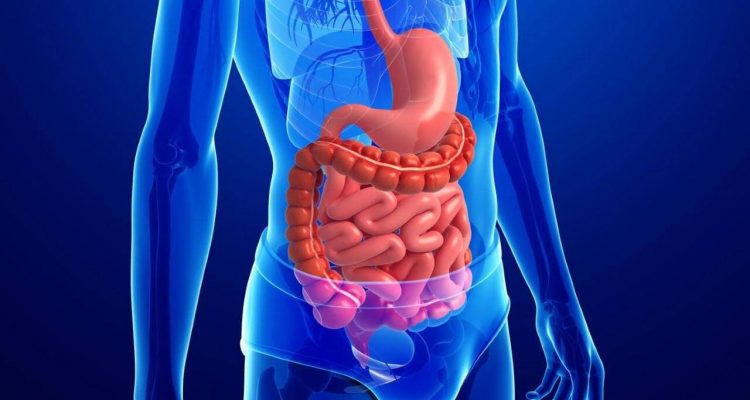
7 signs of malfunction of one of the main organs of longevity
0
An unhealthy intestine can negatively affect the general state of human health. Many doctors and scientists claim that this digestive organ affects longevity. It participates in the work of many body systems and is able to resist some diseases. Sometimes it is difficult to maintain the proper functioning of the intestines. There are several signs that the organ is not healthy and is not working properly.
Abdominal discomfort
It can manifest itself in the form of pain, bloating, heartburn, diarrhea and other digestive disorders. Despite the fact that these symptoms are common, if they appear on a regular basis, they are very likely to indicate problems with the intestines. One of the common diseases is irritable bowel syndrome, which affects the colon. During treatment, the doctor will give recommendations on which foods should be avoided and which should be added to the diet.
Sugar cravings
As experts explain, intestinal bacteria secrete proteins that are similar to the hunger-regulating hormones leptin and ghrelin. They affect the level of hunger, cravings for certain foods and mood. If a person eats a lot of sugar, unwanted bacteria thrive, secreting more proteins and making you want even more sweets. If the intestine works properly, it gets rid of unnecessary bacteria and helps to improve the mood and overall health of the body.
Laziness and fatigue
When a person does not get enough good bacteria from food, harmful ones begin to multiply. Research shows that a malfunctioning gut can cause adrenal fatigue syndrome. This ailment includes the manifestation of such symptoms as constant fatigue, slowness, inattention, indifference. Experts advise to eat less sweet and processed foods, and choose those that remove toxins and promote intestinal health. It is recommended to eat eggs, chia seeds and bananas in the morning.
Unexplained weight changes
Weight loss or weight gain without a change in diet or exercise may be a sign of poor bowel function. This organ must be able to store fat, regulate sugar levels and easily absorb nutrients. Harmful bacteria change the behavior of the gut, contributing to weight changes.
Sleep deficiency
Much of serotonin, known as the happy hormone, is produced in the gut. The poor state of this digestive organ can affect mood, including the ability to sleep.
Pimples and skin irritation
Skin rashes can indicate improper nutrition and inflammation in the intestines. A malfunction of this organ sometimes leads to the fact that certain proteins, microbes and toxins are absorbed into the body, creating skin problems.
Bad breath
This symptom may indicate a disease such as reflux disease. Also, bad breath can be a sign of the proliferation of bad bacteria that lead to stomach ulcers.









Leave a Reply